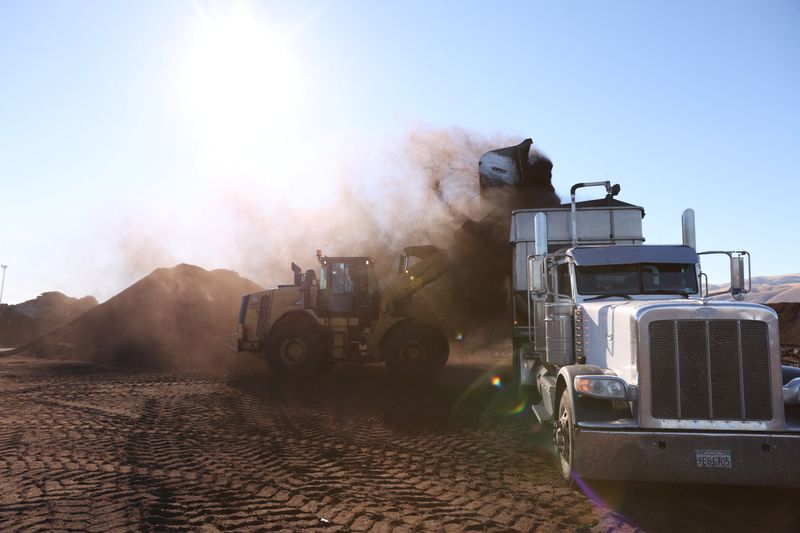By Leah Douglas
(Reuters) - Feeding the world is a big job, and the effort produces billions of mets of emissions of greenhouse gases each year - around a third of the global total.
Despite the fact that food is a big climate problem, very little has been done so far to address it.
This year's U.N. climate conference in Dubai will be the first to dedicate a whole day to the question of how to reduce food's climate impact, and advocacy groups are pressing countries to come up with real solutions.
Here are some details about the sources of emissions from the food and agriculture sector:
HOW MUCH DOES OUR FOOD EMIT?
Global food systems accounted for 17 billion metric tonnes of carbon dioxide equivalent or 31% of human-made greenhouse gas emissions in 2019, according to the United Nations' Food and Agriculture Organization (FAO).
That includes emissions related to farming and land use, producing crops and livestock, household food consumption and waste, and energy used in farm and food processing and transportation, according to FAO.
Altogether, those sectors generated 21% of all the world's carbon dioxide, 53% of all methane and 78% of all nitrous oxide emissions globally, according to FAO.
LIVESTOCK
One the biggest contributors is livestock. Global livestock production generates around 14.5% of all anthropogenic GHG emissions, according to FAO.
Cattle are responsible for 65% of those emissions, largely as methane. When ruminant animals like cows and sheep digest food, they produce methane in the form of burps. Storage of manure, especially in large lagoons, also emits methane.
Emissions also come from producing and processing animal feed, including tilling land to grow crops, which releases carbon dioxide stored in the soil.
LAND USE
Activities to support agriculture like deforestation or degrading of peatlands generate 3.5 billion metric tonnes CO2 equivalent annually, according to FAO.
When forests are cleared for agricultural purposes like raising livestock or growing crops, stored carbon is released into the atmosphere.
Deforestation is responsible for nearly 80% of emissions from food production in Brazil, for instance, the world's largest exporter of beef and soybeans.
Peatlands, meanwhile, store massive amounts of carbon - twice as much as the world's forests.
Draining or burning peatlands for purposes like growing crops or livestock grazing is responsible for about 5% of all anthropogenic emissions, according to a 2021 report by the United Nations.
FOOD WASTE
About one-third of all food grown in the world is wasted, according to the U.N. - 13% between the harvest and retail stages, and 17% in households and in the food service and retail sectors.
That wasted food - including the energy used to produce and transport it, spoilage along the way and the food thrown out after rotting in household fridges - generates half of all global food system emissions, according to a March study published in the journal Nature Food.
A good chunk of those emissions are caused by the methane formed when food rots in landfill. Food waste makes up about 25% of municipal solid waste in landfills in the United States, according to a recent study by the Environmental Protection Agency.
